Reptilian Brain Myth: Rethinking Emotion Regulation
Many of us were taught that our brain has a primitive, “reptilian” part that drives our raw emotions and impulses, with…

Many of us were taught that our brain has a primitive, “reptilian” part that drives our raw emotions and impulses, with…
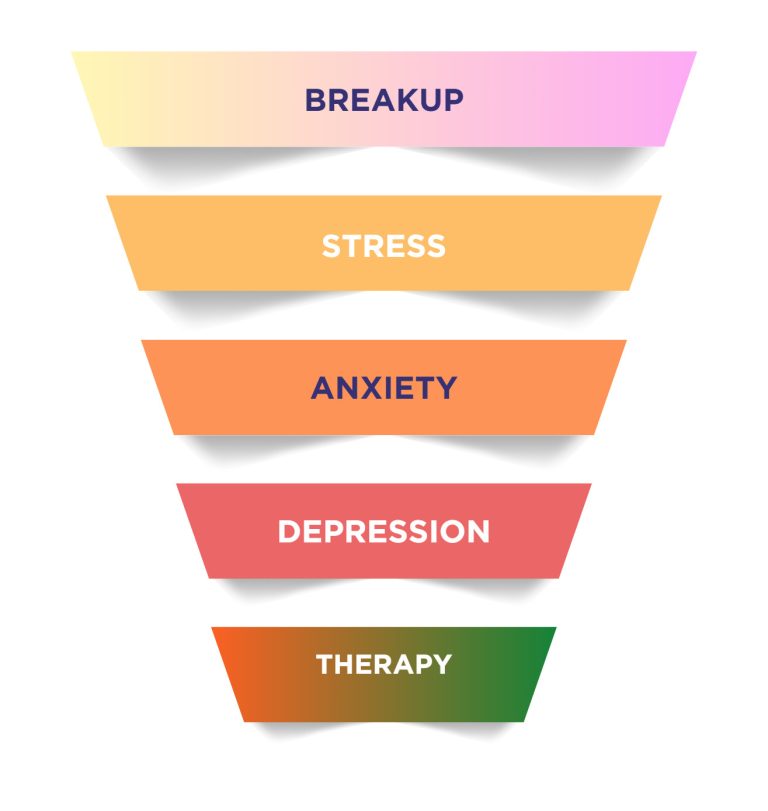
Breakups and the resulting distress are unfortunately common. We may experience symptoms of depression, feelings of rejection and betrayal, and physical…
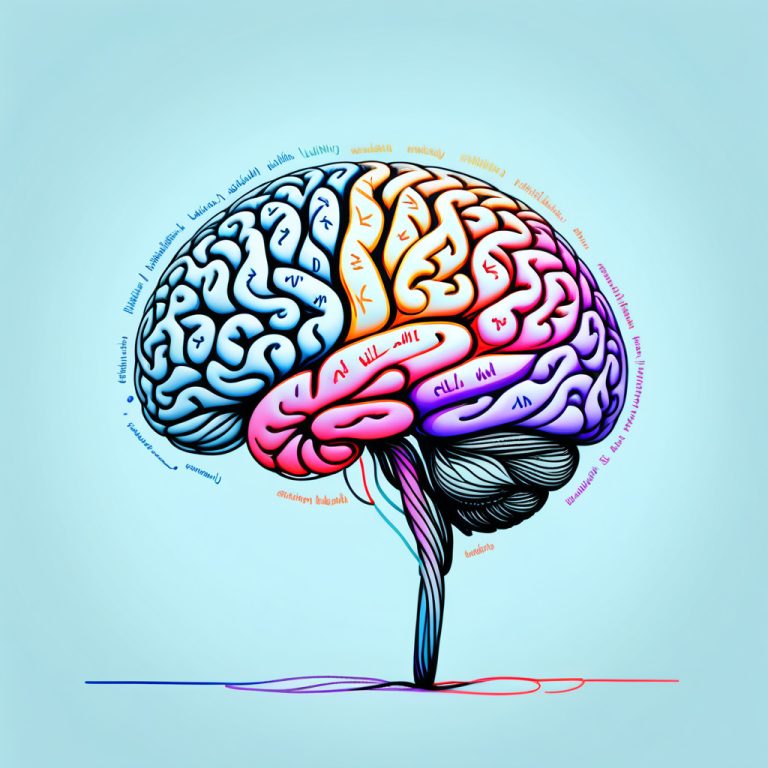
Cognitive inflexibility is a key feature of various mental disorders, reflecting an individual’s difficulty in adapting their thinking or behaviour in…
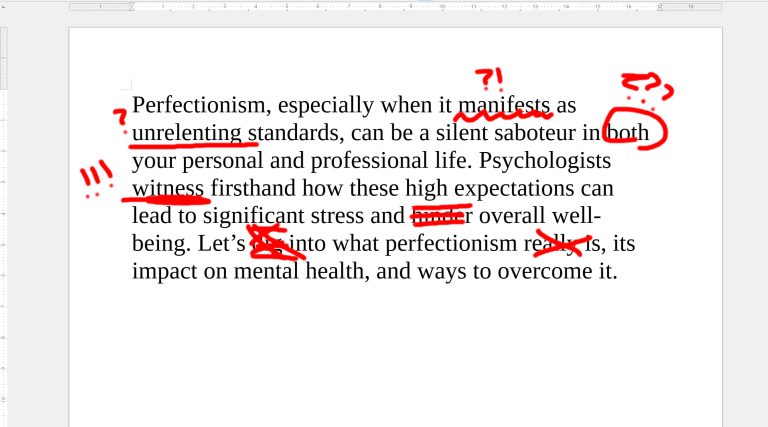
Understanding Perfectionism: Breaking Free from Unrelenting Standards Perfectionism, especially when it manifests as unrelenting standards, can be a silent saboteur in…
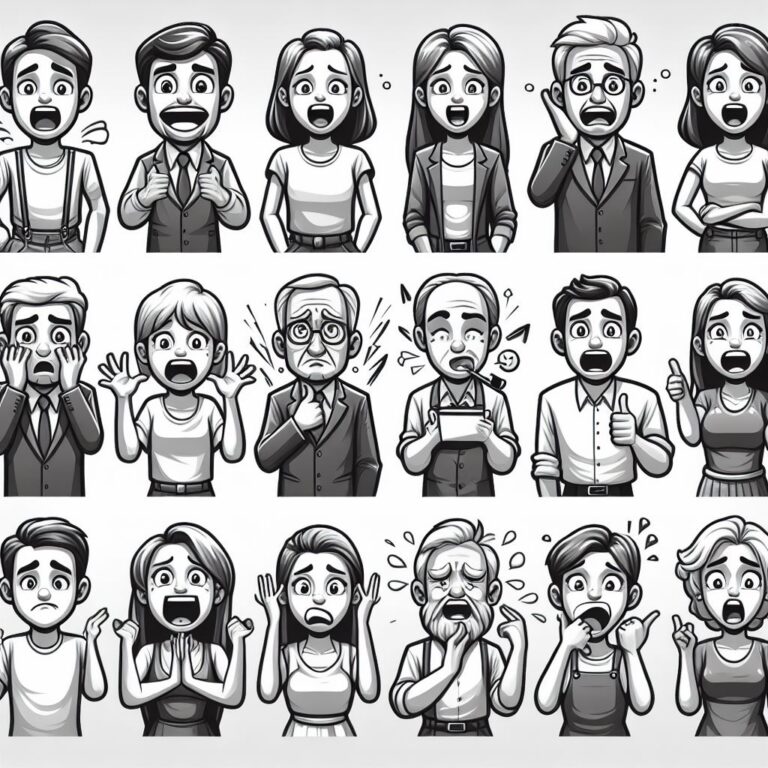
Emotional dysregulation, while commonly linked to experiencing intense emotions, goes beyond the mere intensity of feelings. It involves the skill of…

When we think of psychology sessions, an image often comes to mind: a tearful individual pouring their heart out on a…

Bedtime procrastination, also known as “revenge bedtime procrastination”, is a phenomenon that describes the intentional delay of going to bed, even…
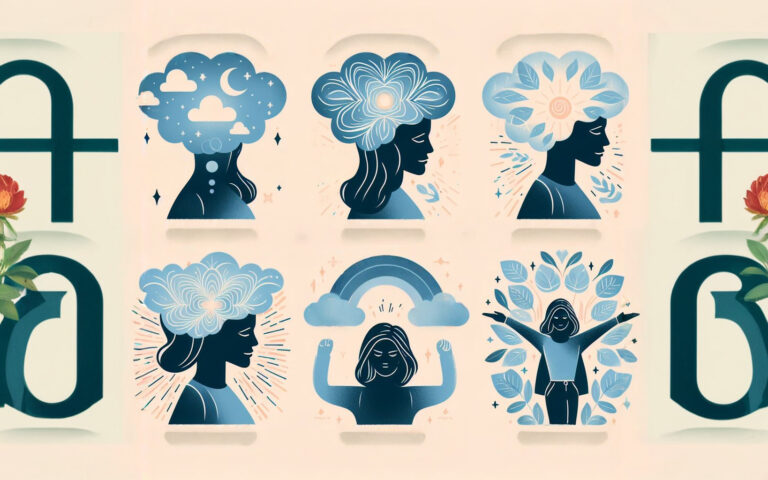
One, if not the biggest, finding in talk therapy (psychotherapy), such as CBT therapy, was the consistently replicated evidence that our…
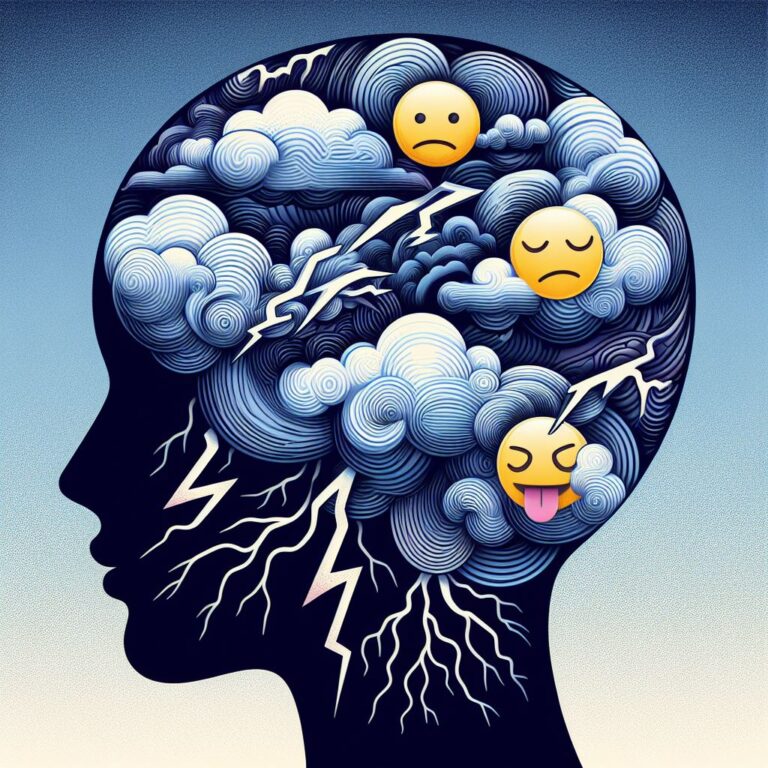
Why our minds seem to navigate on autopilot with automatic thoughts, sometimes having negative automatic thoughts? Well, being the “negative thinker”…

Loneliness isn’t just about being physically alone; it’s the difference between the amount of social interactions we want and what we…